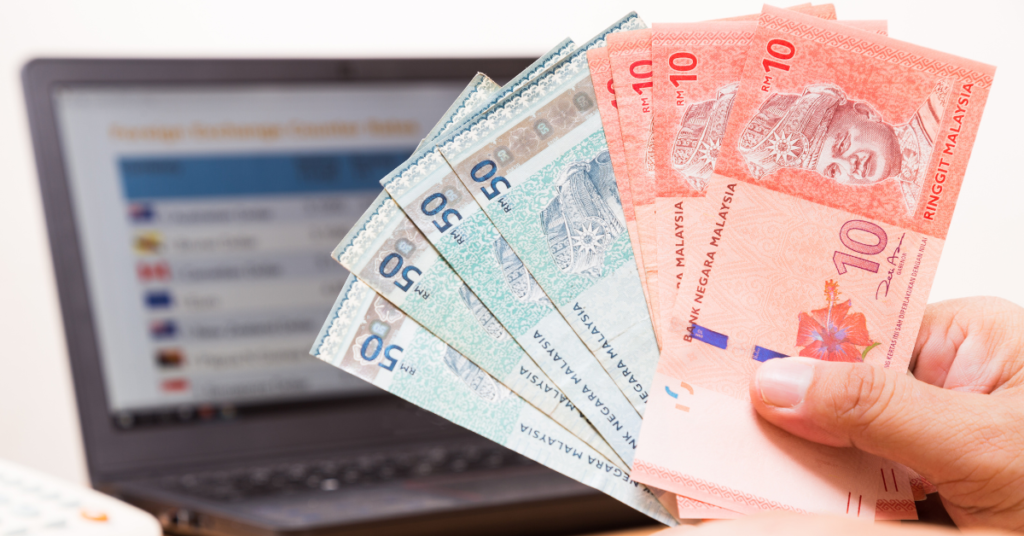
Sep
Unlocking the Economic Potential: Malaysia's Bounty of Holidays
Malaysia, a tropical paradise known for its stunning landscapes and diverse culture, has earned a unique distinction worldwide – it boasts the most holidays in the world. Beyond the breathtaking scenery and cultural richness, this abundance of holidays plays a pivotal role in shaping Malaysia’s economy. In this article, we will delve into the myriad ways in which Malaysia’s extensive holiday calendar benefits its economy. From increased tourism to fostering a vibrant retail sector, we will explore how these holidays contribute to Malaysia’s economic prosperity.

What Benefit in Economy Malaysia with Most Holiday in the World?
Malaysia’s staggering number of holidays, exceeding 50 annually, has far-reaching effects on its economy. Let’s explore the key advantages:
Boosting Tourism
One of the most significant benefits of Malaysia’s holiday-rich calendar is the influx of tourists. With numerous long weekends and extended holidays, the country becomes an attractive destination for both domestic and international travelers. This surge in tourism injects a substantial amount of foreign currency into the economy, benefiting the hospitality, transportation, and food industries.
Strengthening the Retail Sector
Malaysians love to shop, and holidays provide them with the perfect excuse to indulge in retail therapy. During festive seasons and special occasions, shopping malls and retail outlets witness a surge in sales. This consumer spending not only drives the retail sector but also stimulates related industries, including manufacturing and logistics.
Encouraging Small Businesses
Holidays often give rise to pop-up markets and local festivals. These events create opportunities for small businesses and artisans to showcase their products. Whether it’s traditional crafts or delicious street food, small-scale entrepreneurs benefit from increased foot traffic during holidays, leading to a boost in their income.
Promoting Domestic Travel
Malaysia’s extensive holiday calendar encourages domestic travel. Malaysians take the opportunity to explore their own country, leading to increased demand for accommodation, transportation, and tourist attractions. This promotes economic growth across various regions of Malaysia.
Strengthening the Service Industry
Hospitality, restaurants, and entertainment venues thrive during holidays. People are more willing to dine out, attend events, and pamper themselves during their time off. This increased demand for services results in job creation and revenue generation for businesses in the service sector.
Enhancing Cultural Experiences
Malaysia’s rich tapestry of cultures is celebrated during holidays. Festivals like Chinese New Year, Hari Raya, and Deepavali showcase the country’s multiculturalism. These celebrations not only attract tourists but also foster a sense of unity among Malaysians, contributing to social and economic harmony.
Attracting Foreign Investment
A vibrant holiday culture reflects positively on a country’s overall appeal. Malaysia’s reputation as a nation with numerous celebrations and a high quality of life attracts foreign investors. This influx of foreign capital stimulates various sectors, including technology, manufacturing, and real estate.
Supporting Agriculture
Certain holidays in Malaysia are linked to agricultural traditions. For example, the Rice Harvest Festival is a significant celebration in rural areas. These festivities not only preserve cultural heritage but also provide support to the agricultural sector, ensuring a stable food supply and income for farmers.
Boosting Education and Research
Holidays also play a crucial role in education and research. Academic institutions often organize special programs and workshops during breaks, contributing to the development of knowledge and skills among the workforce. This, in turn, benefits the economy by creating a more skilled and educated workforce.
Fostering a Work-Life Balance
Malaysia’s generous holidays allow its citizens to maintain a healthy work-life balance. This, in turn, enhances overall job satisfaction and productivity. Employees return to work rejuvenated after a break, leading to higher efficiency in the workplace.
Artikel lain:
Apa maksud Pinjaman Berasaskan Cagaran di Malaysia?
Gunakan Kenderaan Anda Untuk Mengurangkan Beban Hutang
Bila Anda Perlu Membiayai Semula Kereta Anda
Perkara Yang Anda Perlu Tahu Tentang Kewangan Mikro di Malaysia

FAQs
Do Malaysians have more holidays than any other country?
Yes, Malaysia indeed has one of the highest numbers of holidays in the world, exceeding 50 annually. This abundance of holidays contributes significantly to the nation’s economy.
How do holidays impact the tourism industry in Malaysia?
Holidays lead to an increase in both domestic and international tourism. Malaysians travel within the country during holidays, while international tourists are drawn to Malaysia’s vibrant culture and celebrations.
Are there specific holidays that have a more significant economic impact?
Festivals like Chinese New Year, Hari Raya, and Deepavali are known to have a substantial economic impact due to increased consumer spending and tourism during these celebrations.
Do holidays affect Malaysia’s job market positively?
Yes, holidays stimulate various industries, leading to job creation in sectors such as hospitality, retail, and services. This, in turn, contributes to lower unemployment rates.
How do holidays benefit small businesses in Malaysia?
Holidays create opportunities for small businesses to showcase their products at local markets and festivals. The increased foot traffic during holidays leads to higher sales and income for small-scale entrepreneurs.
How can Malaysia maintain its extensive holiday calendar?
Malaysia maintains its holiday calendar through a combination of public, national, and state-level holidays. The diverse cultural heritage of the nation plays a significant role in shaping this extensive calendar.
Conclusion
Malaysia’s unique distinction of having the most holidays in the world is not just a cause for celebration; it’s a catalyst for economic growth. From boosting tourism and strengthening the retail sector to supporting small businesses and fostering a work-life balance, the benefits of these holidays are far-reaching. They contribute to a vibrant and prosperous economy while preserving the nation’s rich cultural heritage. Malaysia’s holiday culture is truly an economic powerhouse that continues to drive progress and prosperity.
Baca Artikel Bermanfaat:
Bagaimana untuk mendapatkan pembiayaan di Malaysia?
Mana lebih baik, jual kereta atau gadai kereta?
Pembiayaan Semula Pinjaman Hartanah vs Pembiayaan Semula Pinjaman Kereta

